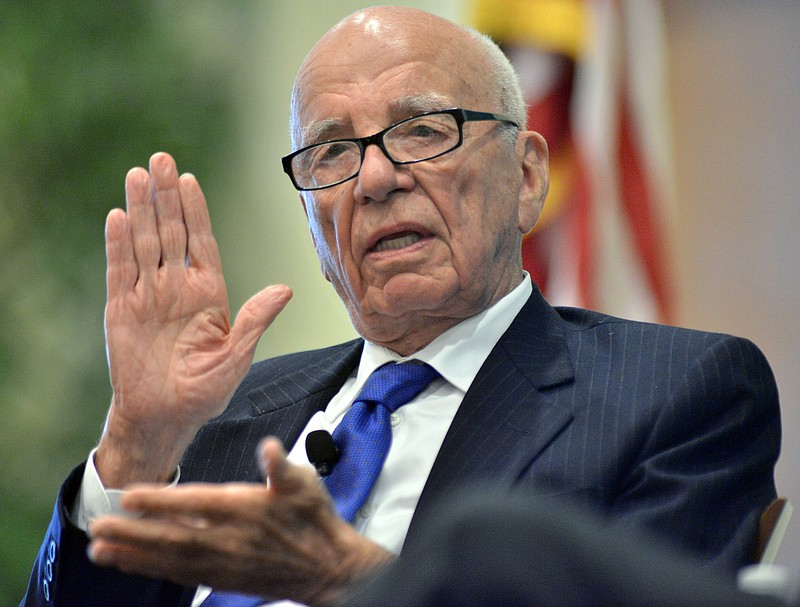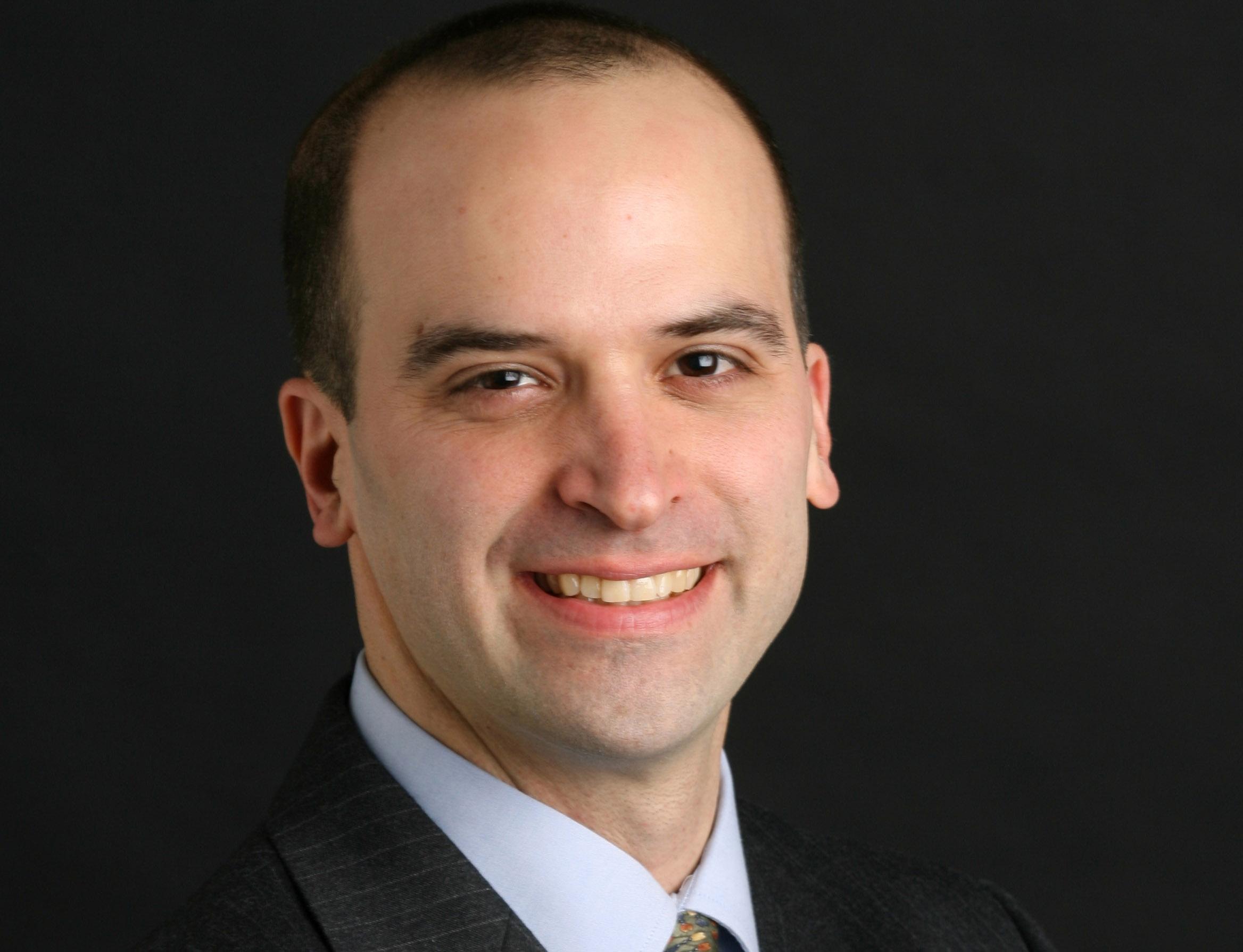The most successful modern publisher of ideological journalism is Rupert Murdoch. He buys media properties, or starts new ones, and turns them into conservative megaphones.
In England, he carefully nudged the venerable Times to the right, while his tabloids mocked Labour Party politicians as weaklings or Stalinists. In the United States, he transformed the once-liberal New York Post into a peppery conservative tabloid and then built Fox News from scratch. In 2007, he bought a journalistic jewel, The Wall Street Journal. Now The Journal's newsroom is embroiled in a fight over the paper's direction.
Many staff members believe the paper's top editor, Gerard Baker, previously a feisty conservative commentator, is trying to Murdoch-ize the paper. The dissatisfaction went public last week, with stories in Politico and the Huffington Post. At a staff meeting on Monday, Baker dismissed the criticism as "fake news," Joe Pompeo of Politico reported.
As a longtime reader, admirer and competitor of The Journal, I think the internal critics are right. You can see the news pages becoming more politicized. You can also see The Journal's staff pushing back, through both great journalism (including exposes on the Trump administration) and quiet insubordination.
There is no shortage of troubling anecdotes: A revealing story about Trump's white-supremacist support that never ran in print. A dearth of stories about climate change and frightened immigrants. An email from Baker encouraging the staff not to mention the Muslim makeup of the countries when describing Trump's immigration ban (partly rescinded after BuzzFeed disclosed the email).
More generally, staffers are worried about Trump-Journal chumminess. Ivanka Trump was until recently a trustee of the Murdoch estate. In The Journal's Washington bureau, eyebrows rose when Baker's assistant called to ask how to send Trump a memento: a printing-press plate from an edition reporting his ascendance. (A spokeswoman said no plate was sent.)
The Journal's opinion pages, of course, have long been conservative. And they have their own tensions: An editor critical of Trump was recently fired, The Atlantic reported. But The Journal's news pages, like those of The New York Times, The Washington Post and elsewhere, have aspired to objectivity.
One way to understand the fight is through the lens of Fox News. Its former leader, Roger Ailes, knew that the country had become more polarized and that many viewers didn't want sober objectivity. He also knew most reporters leaned left, and their beliefs sometimes seeped into coverage. So Ailes came up with a brilliantly cynical strategy. He created a conservative news channel that dispensed with objectivity, and sometimes with facts, while claiming it was more objective - "Fair and Balanced" - than the competition.
The Wall Street Journal is no Fox News, and Baker, who's publicly acknowledged Trump's untruths and celebrated some hard-hitting stories, is no Ailes. Yet it's easy to see how The Journal could continue down the Murdoch path. Baker believes that most media is hopelessly biased, Journal staffers say. He views his critics as liberal whiners, and his approach as the fair and balanced one. I happen to agree that liberal bias can be a media problem. On important issues - abortion, education, parenting and religion, to name a few - left-leaning beliefs too often distort coverage. The Journal, and every newspaper, should indeed fight that problem.
But that's very different from saying reporters protect any political party. They don't. Journalists' incentives and instincts all point the other way.
Observers of Murdoch's company believe his sons, rising in power, don't care as much about conservative causes as their father. If that's right, it's possible to imagine many more years of The Wall Street Journal as one of the world's best newspapers, enlightening readers and, yes, making life difficult for competitors.
After all, has there ever been a more important time for sophisticated and fearless financial journalism?
The New York Times

